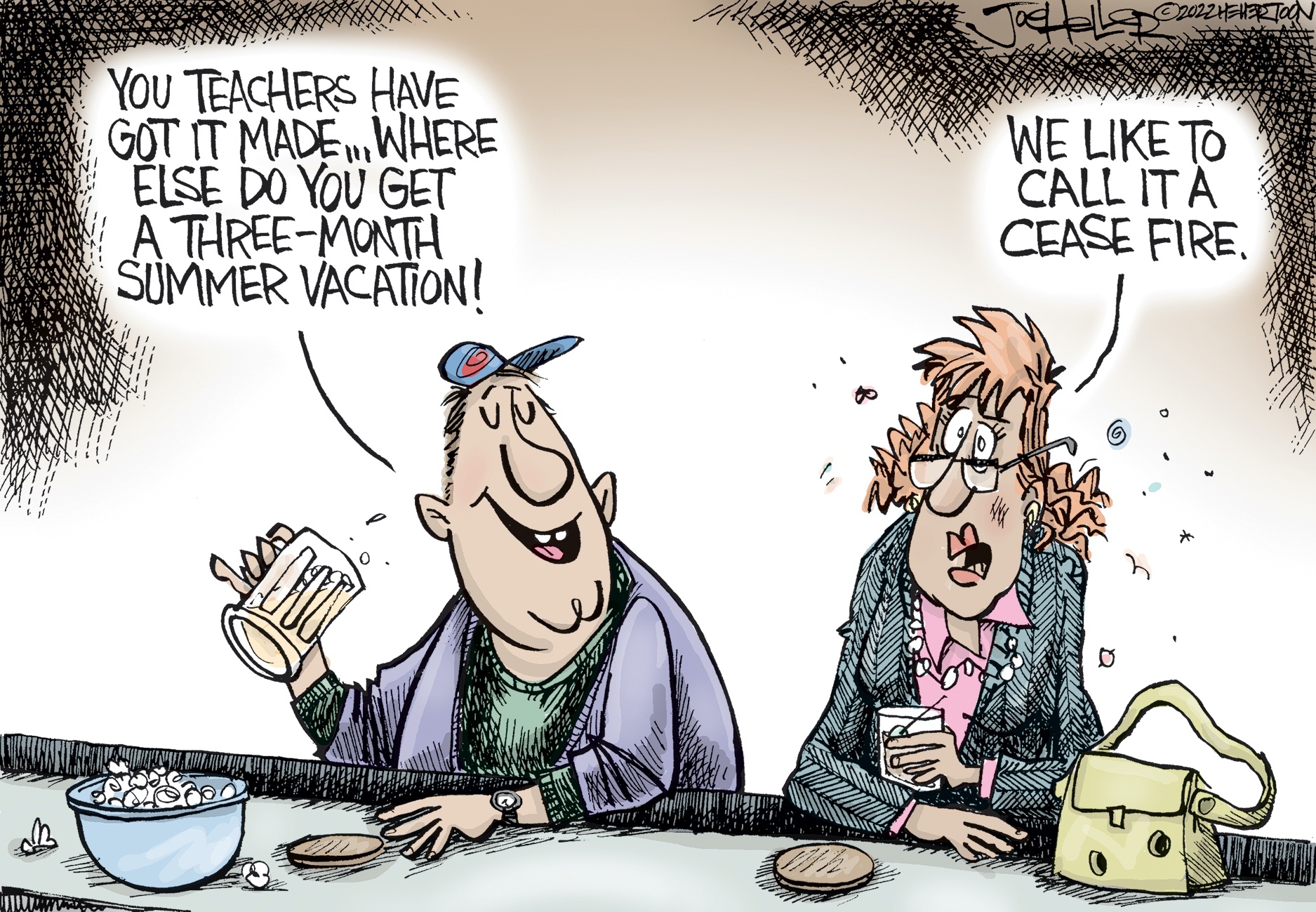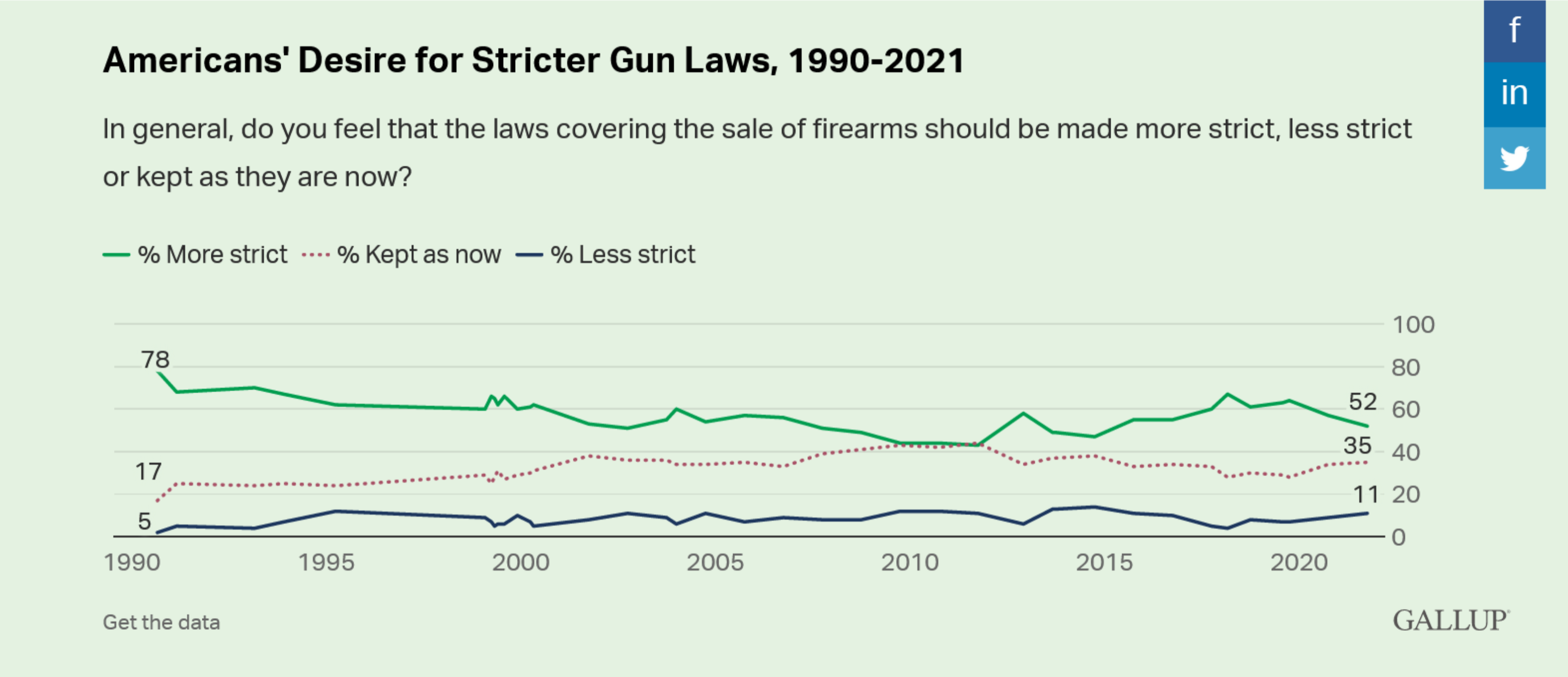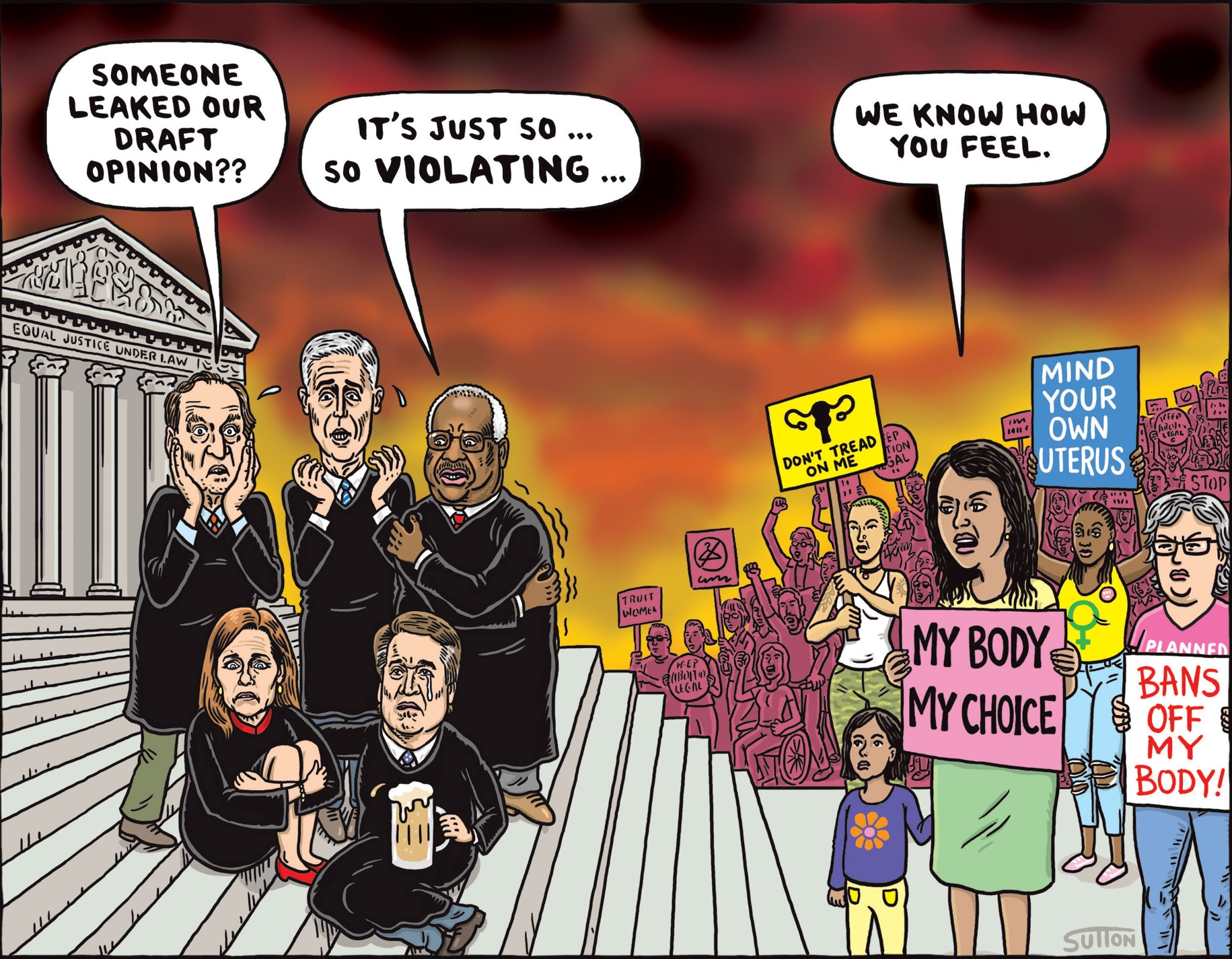The Daily Escape:

Toroweap Point, North Rim, Grand Canyon NP, AZ – August 2022 photo by Andrei Stoica
Our democracy is teetering. Minority states representing a fraction of the whole population of the country, have an outsized representation in the Electoral College and in the Senate. This has helped ignite an acute threat to American democracy that’s based in Red State America. The NYT’s David Leonhardt quotes Harvard’s Steven Levitsky:
“We are far and away the most countermajoritarian democracy in the world,”
One reason is that the more populous states over the past century have grown much larger than the small states. That means the bigger state residents now hold (relatively) less political power in the Senate and the Electoral College than they did in the 1900s.
This was something that the founders understood and agreed on. At the time, there was an alternative discussion about maintaining proportional representation in the House. In the first US Congress, (1789-1791), James Madison had proposed 12 potential Constitutional amendments. We all know that ten amendments were quickly ratified as the Bill of Rights. Another amendment was ratified in 1992 as the 27th Amendment which prohibits salary increases for House and Senate members to take effect before the next election.
The only one of the 12 amendments passed by Congress that wasn’t ratified is the Congressional Apportionment Amendment (CAA). The CAA was designed to let the number of seats in the House grow to meet future population growth.
A majority of the (then) states ratified the CAA. But by the end of 1791, it was one state short of adoption. No other state has ratified this potential amendment since 1792. Here’s the text of the proposed CAA:
“After the first enumeration required by the first article of the Constitution, there shall be one Representative for every thirty thousand, until the number shall amount to one hundred, after which the proportion shall be so regulated by Congress, that there shall be not less than one hundred Representatives, nor less than one Representative for every forty thousand persons, until the number of Representatives shall amount to two hundred, after which the proportion shall be so regulated by Congress, that there shall not be less than two hundred Representatives, nor more than one Representative for every fifty thousand persons.”
The CAA lays out a mathematical formula for determining the number of seats in the House of Representatives. Initially, it would have required one representative for every 30,000 constituents, with that number eventually climbing to one representative for every 50,000 constituents.
But the amendment wasn’t added to the Constitution. Today, Congress controls the size of the House of Representatives. They had regularly increased the size of the House to account for population growth until 1911, when it fixed the number of voting House members at 435. Today, that’s about 761,000 Americans per House seat. Miles away from 50,000.
Delaware leads in the malapportionment with 990,000 people per representative, about 250,000 more than the average state. Rhode Island has the most democratic apportionment with 548,000 people per representative. Both are small, Blue states.
The small Red state Wyoming has 578k/representative. All of the big states are higher than the average: NY has 777k, and CA has 761k, while Florida has 770k and Texas has 768k.
This also impacts the distribution of Electoral College votes, which equal the apportionment of House seats. As a result, the Electoral College is also becoming less representative. David Leonhardt points out:
“Before 2000, only three candidates won the presidency while losing the popular vote (John Quincy Adams, Rutherford Hayes, and Benjamin Harrison), and each served only a single term.”
But two of the past four presidents (Trump and GW Bush in his first term) have become president despite losing the popular vote. Small states represent a fraction of the whole population of the country yet, absent something like the CAA, have an outsized representation in both the Senate and the Electoral College.
This was on purpose. But when the filibuster was added in the Senate’s rules, it changed everything. The filibuster has been part of the Senate in many forms, but in 1975, the Senate revised its cloture rule so that three-fifths of Senators (60 votes out of 100) could limit debate.
With the Senate roughly equally divided, each Party has about 50 votes it can count on, but it needs 60 to pass most legislation. This means that the small states have more power in the Senate than they had before.
Using the 2010 US Census as an example, the US population was 308.7 million. If the CAA was in effect, the number of representatives in the House would be more than 6,000. That’s surely unwieldy, but is there a number of House seats between 435 and 6000 that would be more representative?
Our form of proportional representation needs an overhaul. Some changes to consider:
- Better proportional representation in the House (via the CAA?) to help make the Electoral College more representative than currently
- A version of ranked choice voting for all state-wide races
- Overturning Citizens United
- Ending gerrymandering by using independent commissions to establish district lines
Since only a few hundred people currently control the democratic direction of our country, can these ever be addressed?





















